Can You Freeze Vegetables? Yes, and Here’s How!
Ask yourself, “Can you freeze vegetables?”
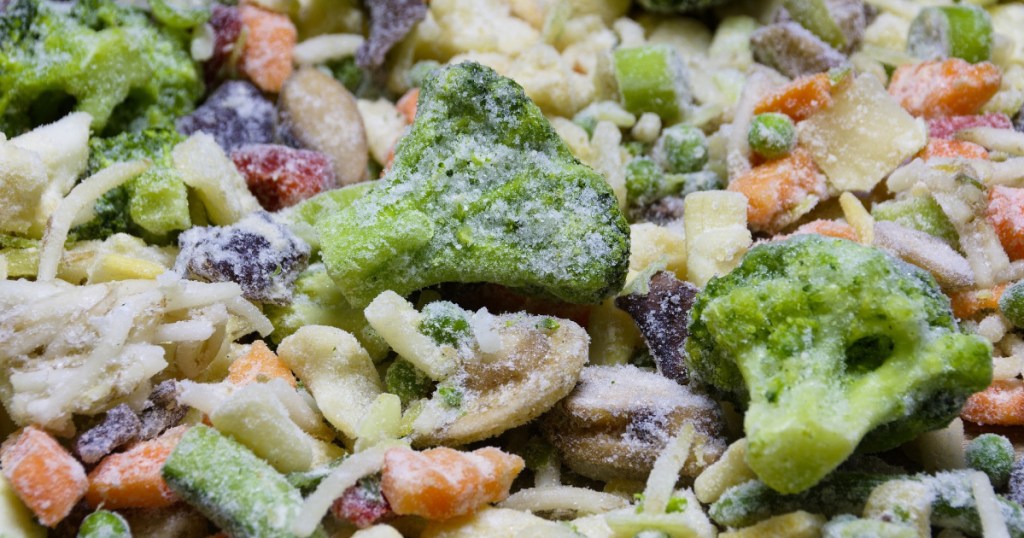
Can You Freeze Vegetables? Yes, and Here’s How…
Freezing vegetables is clever for a number of reasons: longer-lasting produce, convenience, etc. Pretty much every vegetable, except those with a high water content, can be frozen; we’ll get into the exceptions further in the post.
Unlike fruit, the easiest way to freeze your veggies is to either cook or blanch them first. Blanching is when you put your veggies in boiling hot water; this process helps reduce the enzymes in your produce, allowing the fresh flavors, colors, and firmness to be preserved. Now that you know the general rule of thumb, let’s dive into each individual process of answering whether or not you can freeze vegetables!
Can you freeze asparagus?
Preserve your asparagus’s nutritional value by boiling it first for about 2-4 minutes. Afterward, put the asparagus in ice water for the same amount of time then lay it on a flat pan and freeze.
Can you freeze avocados?
While avocados are technically a fruit, you can freeze avocados; however, it does affect their taste and color. Food Network recommends only using a frozen avocado in recipes where the taste would be masked by other ingredients, not things like avocado toast.
Can you freeze bell peppers?
Bell peppers are one of the exceptions to the rule where you do not have to blanch or cook them; simply freeze them on their own!
Can you freeze Brussels sprouts?
Once you blanch your Brussels sprouts, immediately put them in the freezer to avoid them softening!
Can you freeze broccoli?
To freeze broccoli, cook and dry your broccoli first. On a paper-lined sheet pan, freeze your broccoli for at least two hours. Food Network says this method will have your broccoli last for 6-8 months!
Can you freeze cabbage?
To freeze cabbage, wash it and soak it in salted water for half an hour. You’ll then rinse it and cut it up into your desired portions. Freeze for at least 12-24 hours on a sheet pan, then transfer to freezer bags!
Can you freeze carrots?
There are a few methods for freezing carrots. If you don’t want to blanch them, you have to cut them up as finely as possible, lay them on a tray until frozen, and then distribute them in freezer bags.
If you’re blanching, cut up the carrots in your desired shape and boil them for 3-5 minutes. Add them into iced water for as long as you blanched. Pat dry, lay on a tray, and freeze. After frozen, distribute them in freezer bags.
Can you freeze celery?
Because of its water content, frozen celery is only good things like soup and casseroles. Blanching is optional, but it does make it more flavorful; if you do blanch, cut the celery into small pieces and blanch for three minutes. After cooling, store in freezer bags.
Can you freeze cilantro?
Rinse your cilantro in cold water, fully dry it, and remove it from its stems with your hands. Chop up the cilantro into tiny pieces and store them in an air-tight bag!
Can you freeze corn?
When using corn on the cob, shuck your corn and wash it with room temperature water. Clean it thoroughly, then blanch for just under ten minutes and immediately add it to iced water.
Once cooled, take the kernels off the corn if desired; otherwise, add it to a sheet pan and freeze until solid. You can then label and pack them individually.
Can you freeze cucumbers?
Cucumbers can freeze both peeled and unpeeled. Regardless, slice them up and single-layer them on a baking sheet. Freeze them uncovered and then distribute them as desired.
Can you freeze garlic?
While frozen garlic can last 6 months, enjoying it within 3-4 ensures the best flavor. To freeze, simply peel the cloves and add them to snack-sized bags, placing them in the freezer.
Can you freeze green beans?
Yes! Wash your green beans and trim the ends, cutting them to the desired size. Add your green beans to boiling water for a few minutes, followed by adding them to ice water. From there, store the green beans in either jars or freezer bags; make sure not to overstuff the bags.
Can you freeze green onions?
Wash and slice your green onions; from there, put them on a tray in a single layer, freezing until solid.
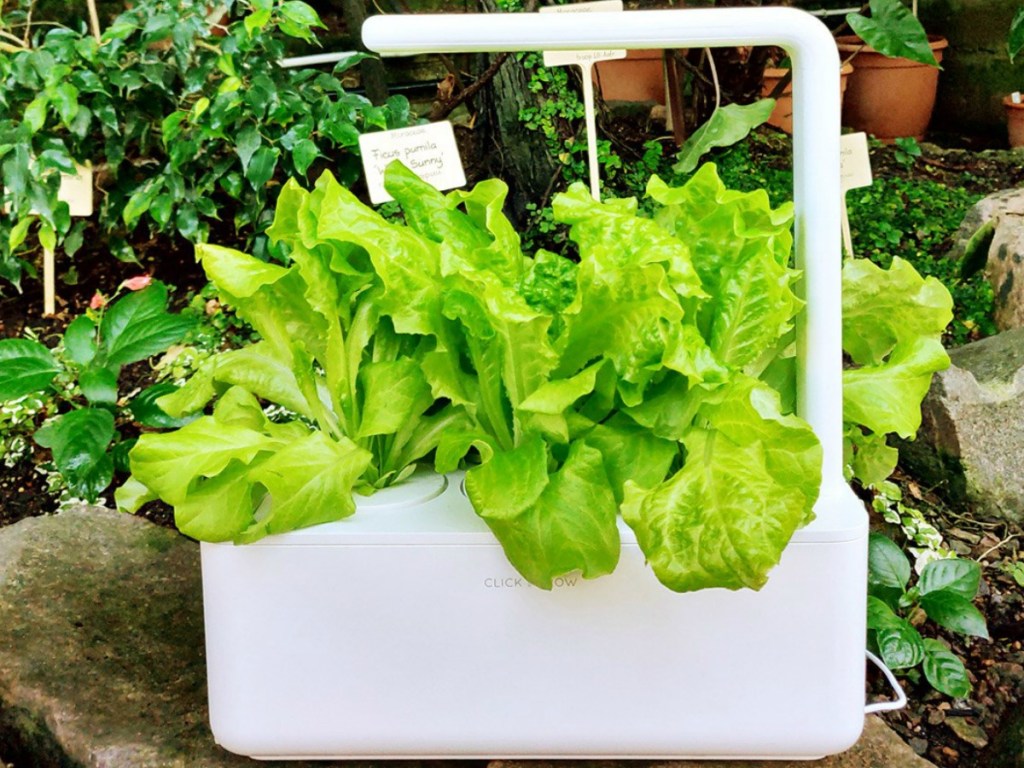
Can you freeze lettuce?
If you’re looking to make a salad, then it is best to not freeze your lettuce; however, if you’re looking to add it to a smoothie, you definitely can! Simply separate your lettuce, wash and dry thoroughly, and store in freezer bags.
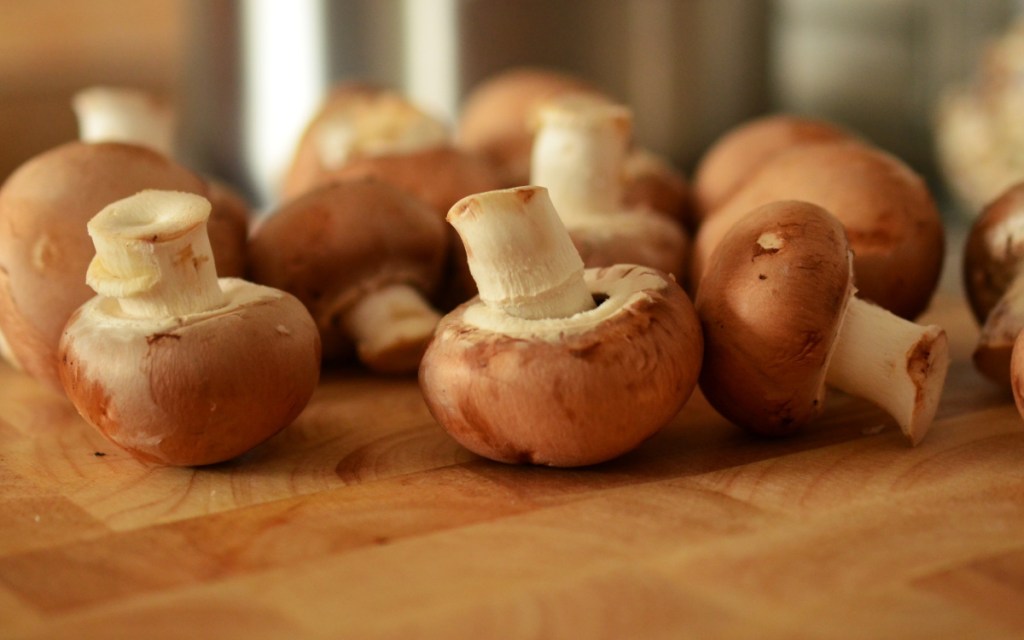
Can you freeze mushrooms?
Since mushrooms can be rather dirty, scrub them as clean as possible. You can then leave them whole or chop them up. Boil some water and add a tiny bit of lemon juice; steam your mushrooms with this water for at most four minutes. Add them to ice water instantly, pat dry, and lay them flat on a sheet pan until frozen.
Can you freeze onions?
Yes! Peel your onions, scrub clean, and chop or dice to the size of your liking. Pour onions into either freezer bags or a tray and store them in the freezer.
Can you freeze potatoes?
Raw potatoes do not freeze well; if you’re interested in doing so, make sure you cook the potatoes to your liking and then store them in the freezer.
Can you freeze spinach?
Similar to other leafy greens, you won’t be able to make a salad with frozen spinach, but you definitely can enjoy it as sauteed spinach or as a blendable ingredient.
Wash your fresh spinach, remove the stems, and chop them up. Boil or steam for two minutes, followed by storing in ice water for the same amount of time. Dry thoroughly, then stuff in freezer bags.
Can you freeze tomatoes?
Yes! Lightly rinse your tomatoes with water and pat dry. Cut the stem scar, and place the entire tomato in the freezer.
Can you freeze zucchini?
Zucchini can be frozen if prepared the correct way. Cut it into thick slices (Food Network recommends at least half an inch). This is so, once thawed, the zucchini isn’t too soft. Boil water with NO salt and add the zucchini for 1-3 minutes. Add it to ice water, soaking for the same amount of time.
Stir the veggies then drain and pat dry. In a single layer, lay out your zucchini on a tray for around six hours, then store as desired.
Here’s how to extend the life of fresh strawberries!

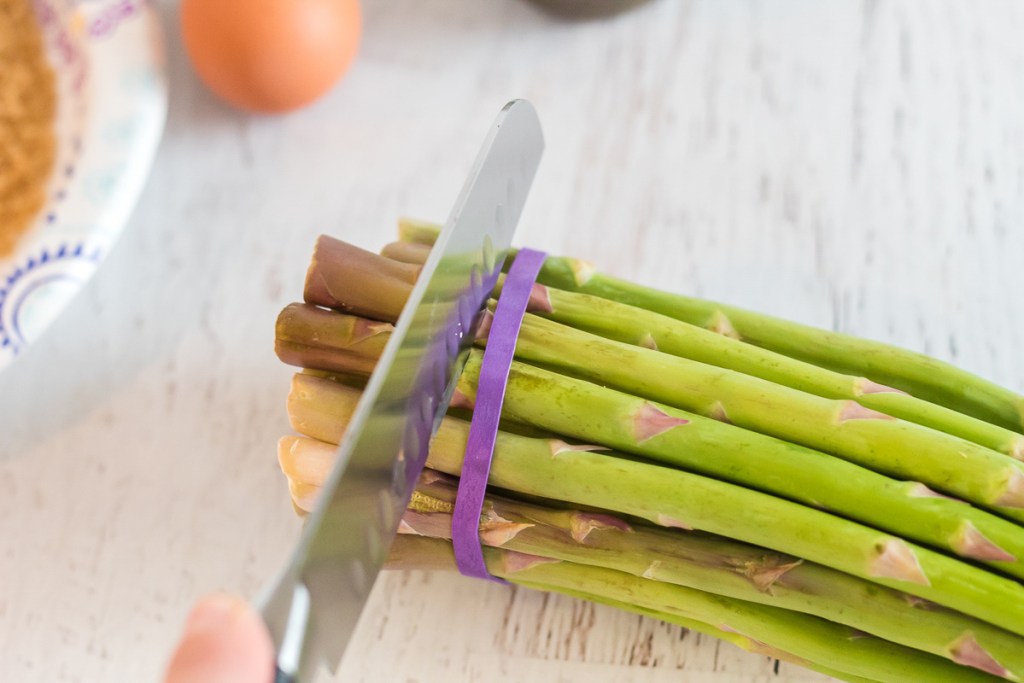
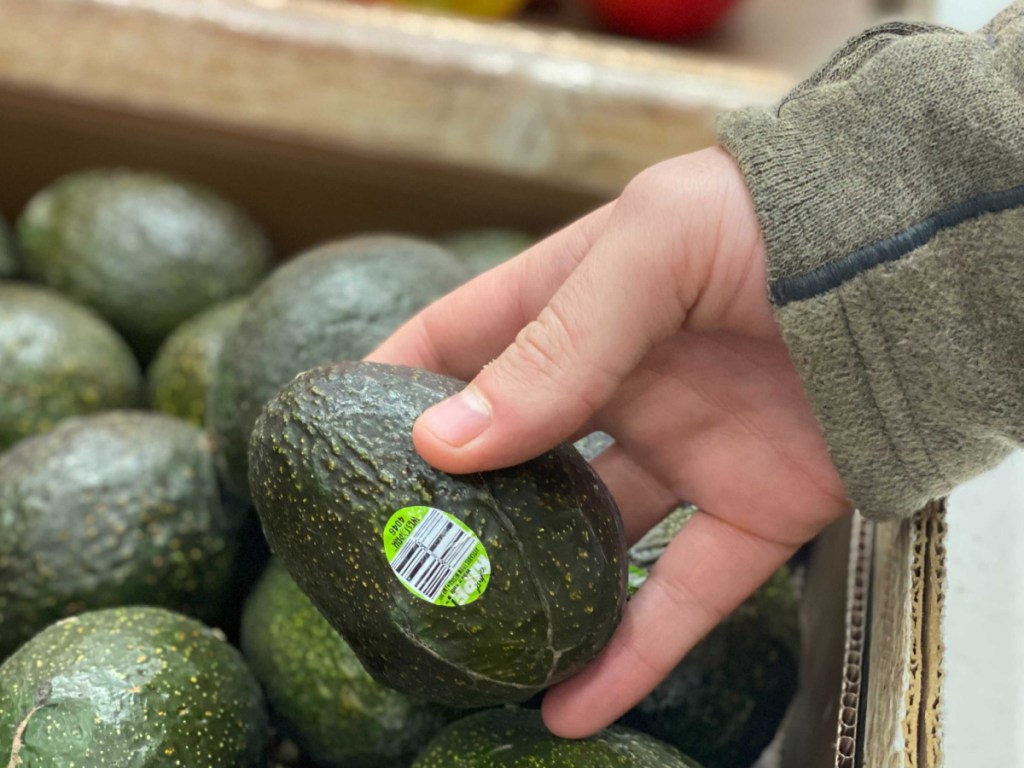
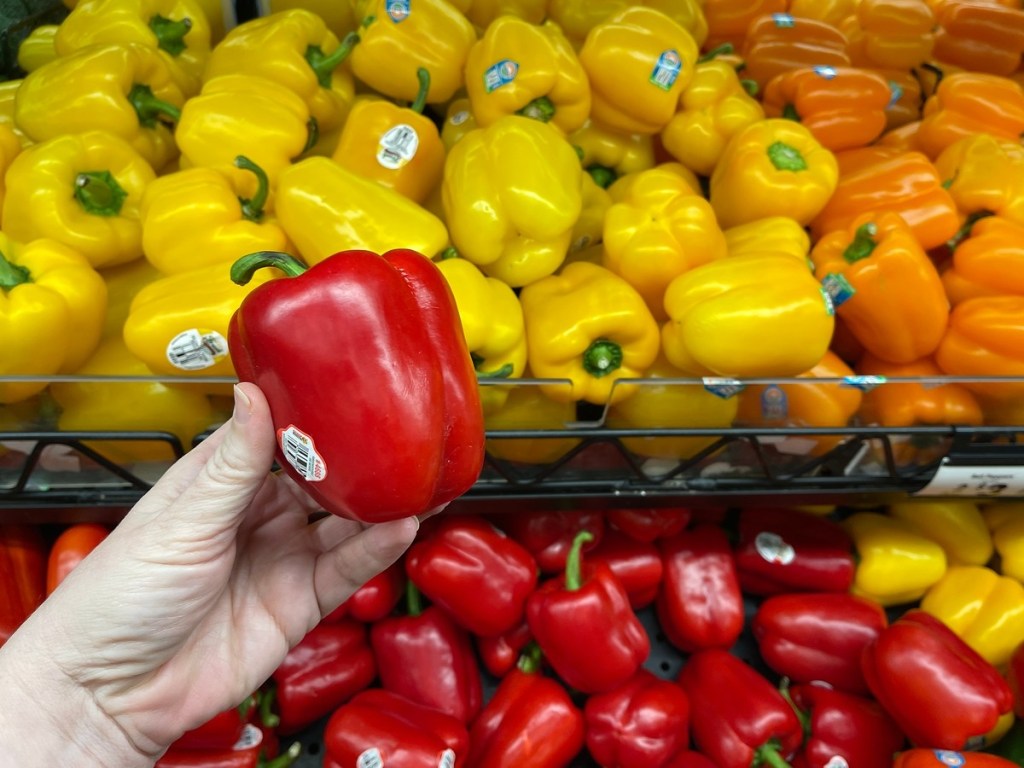
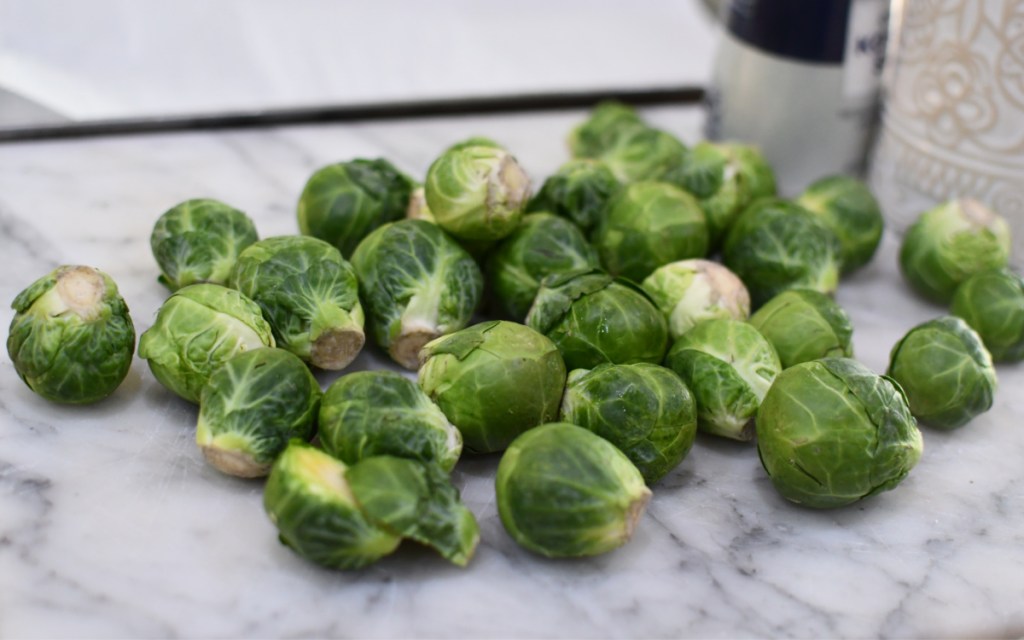
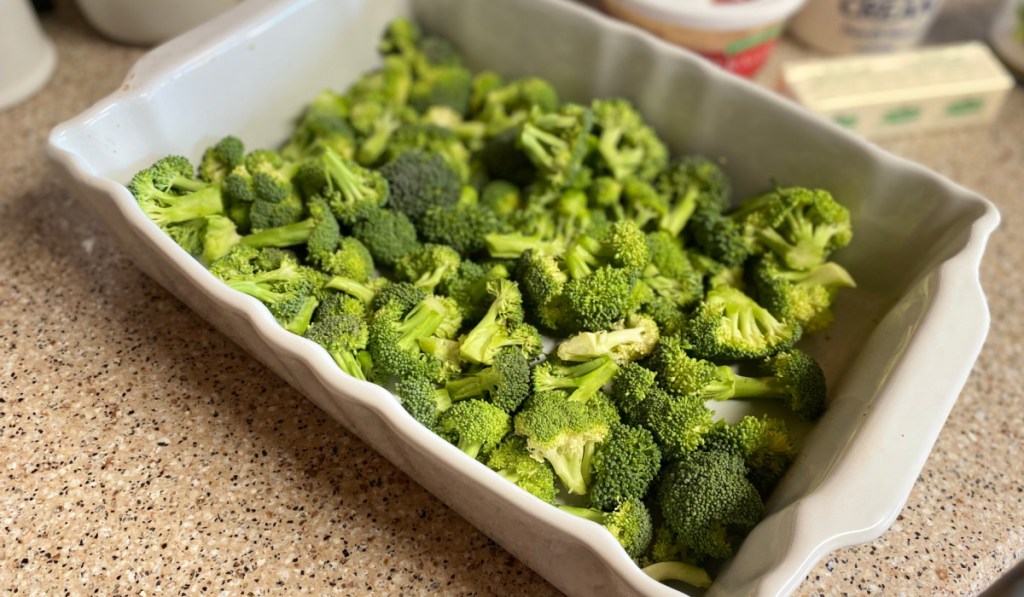
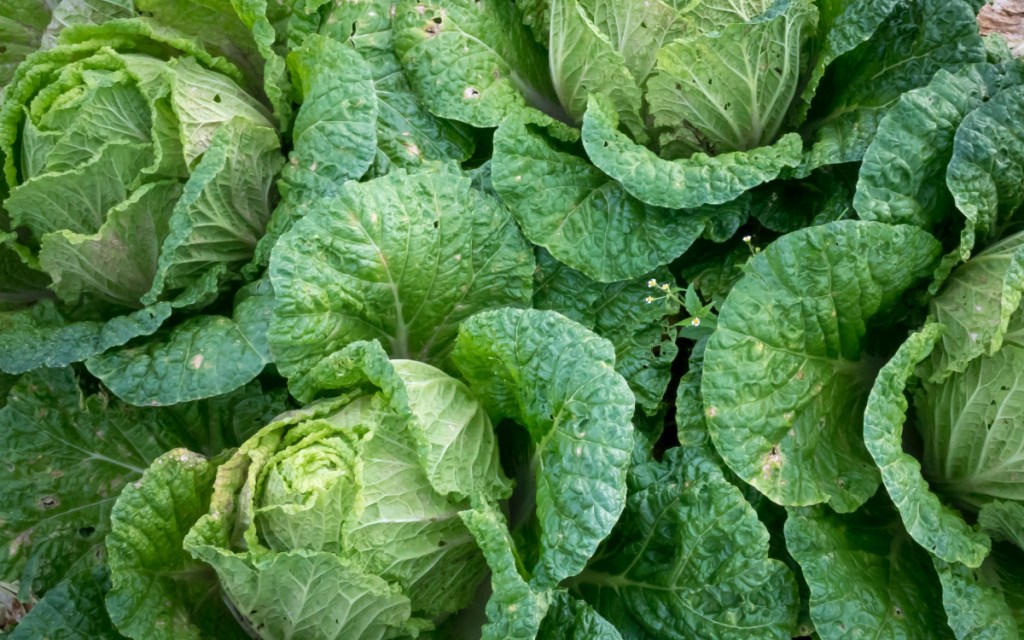
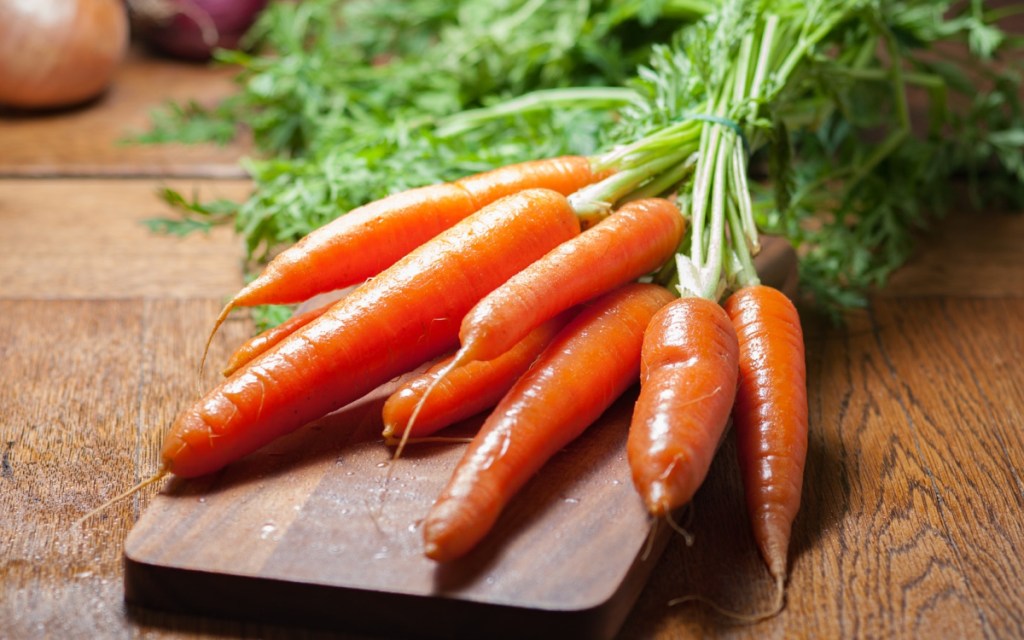
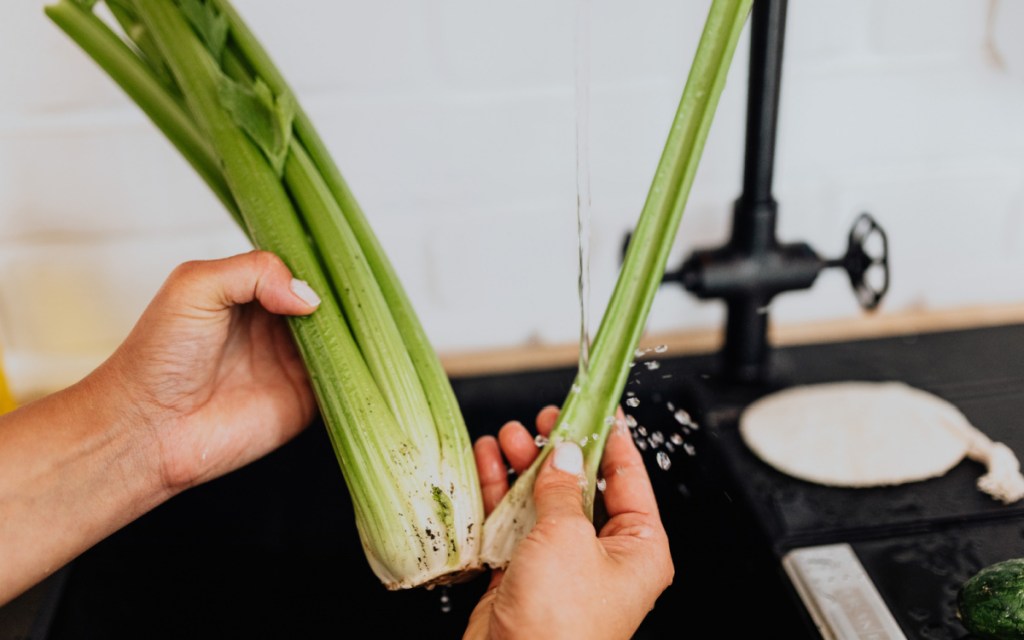
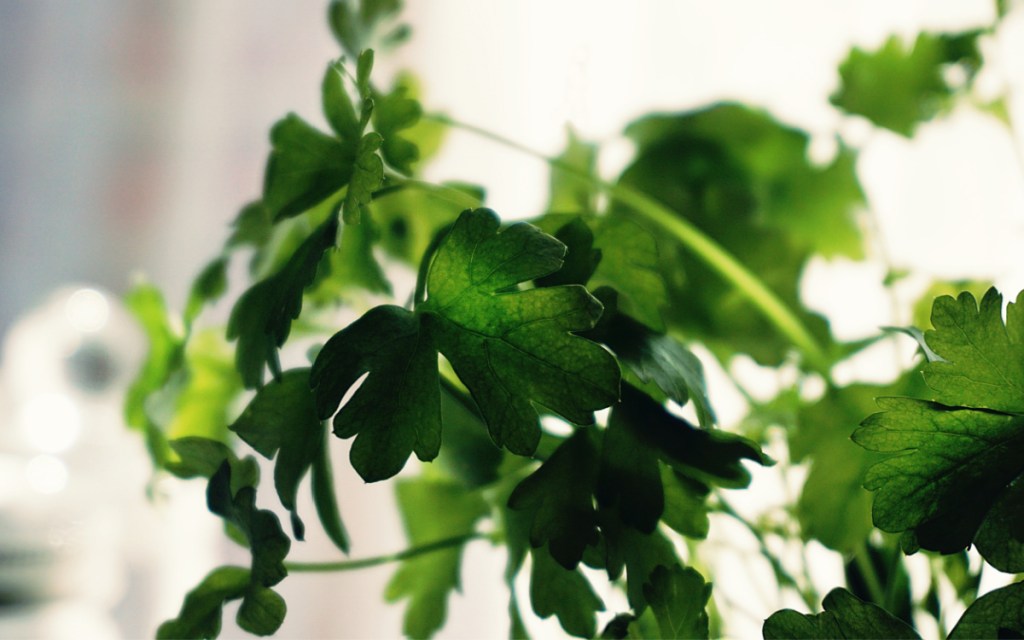
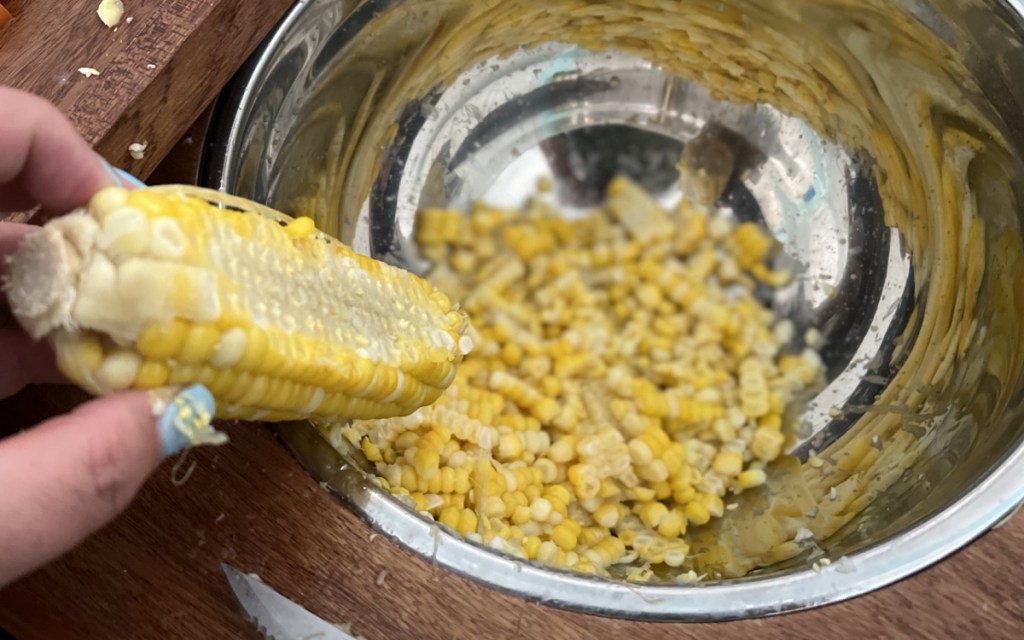
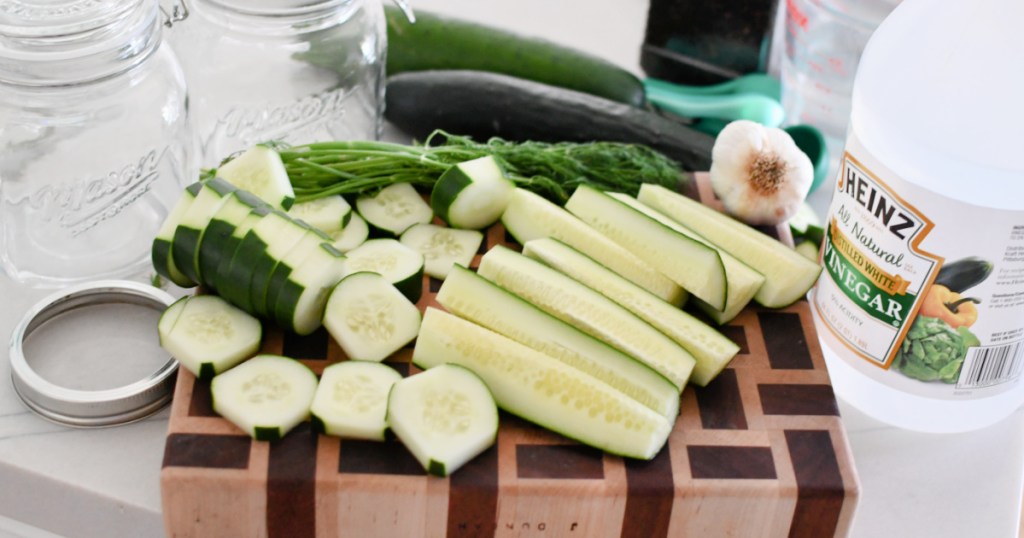
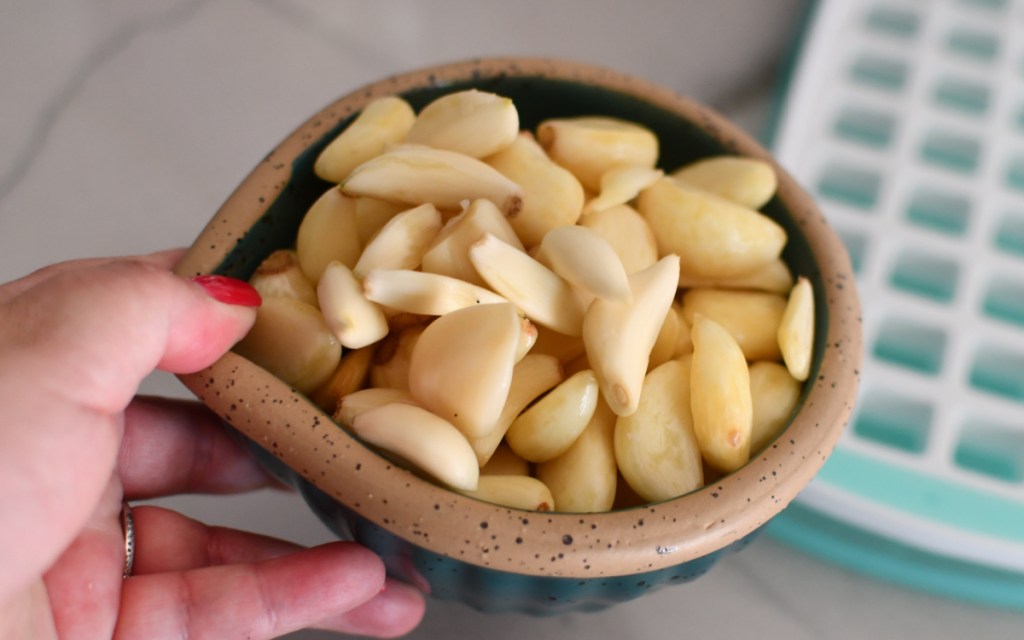
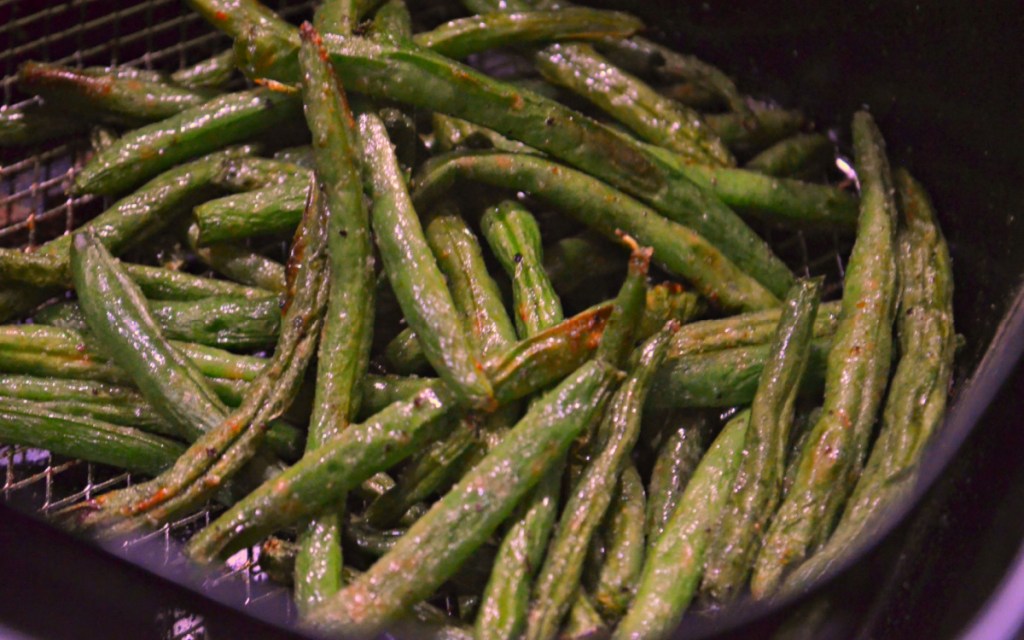
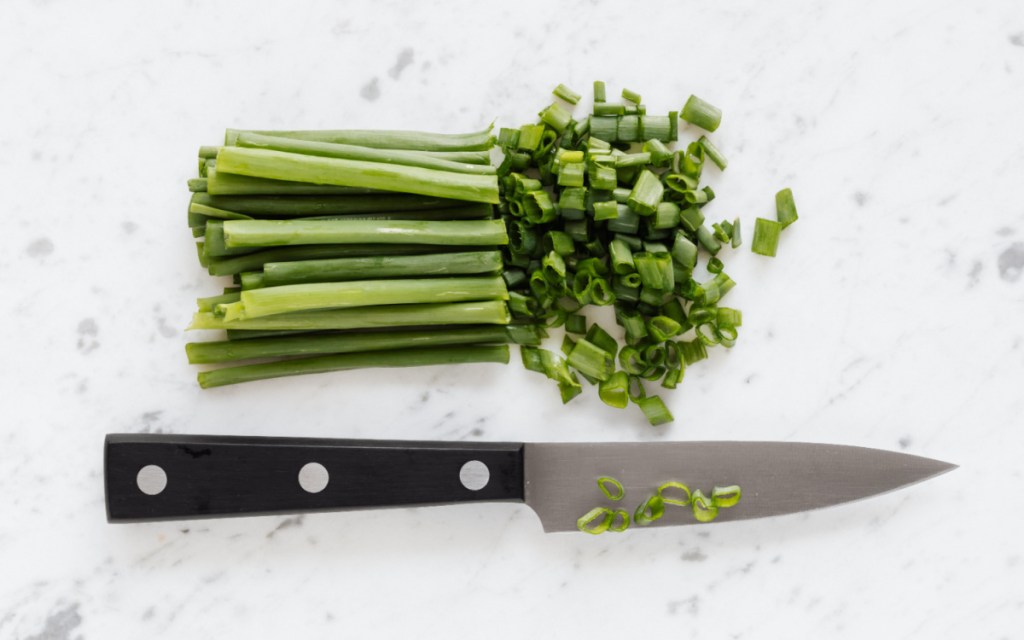
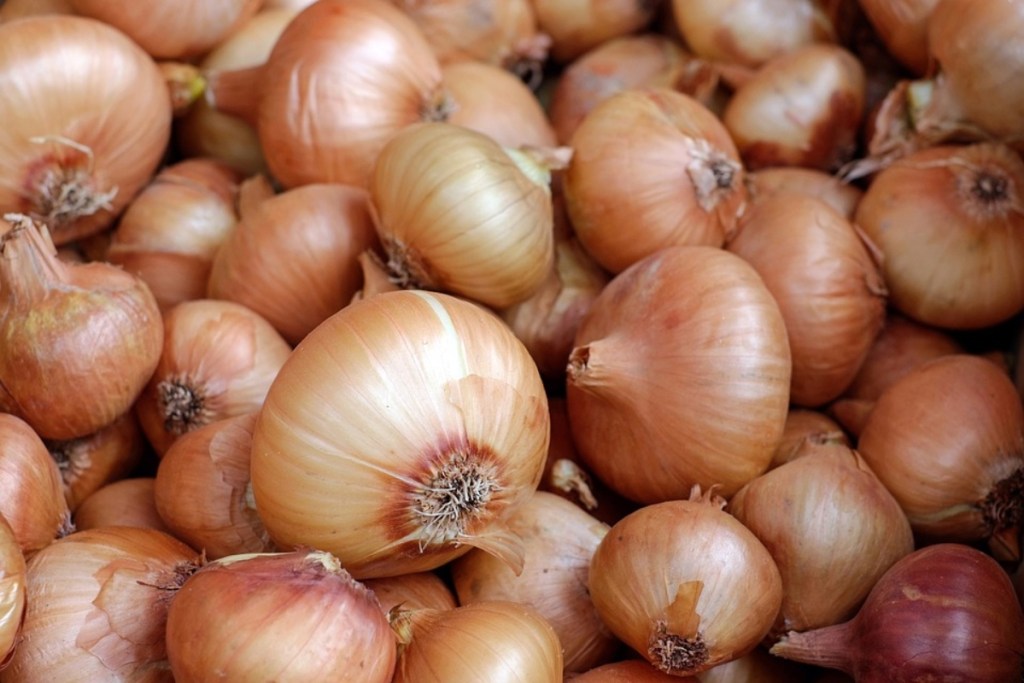
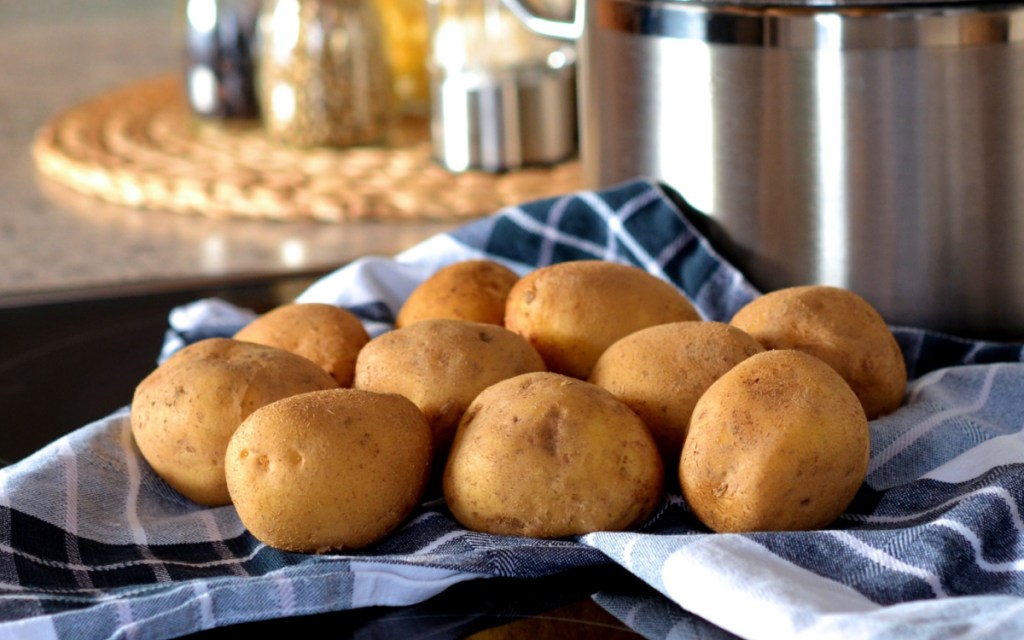
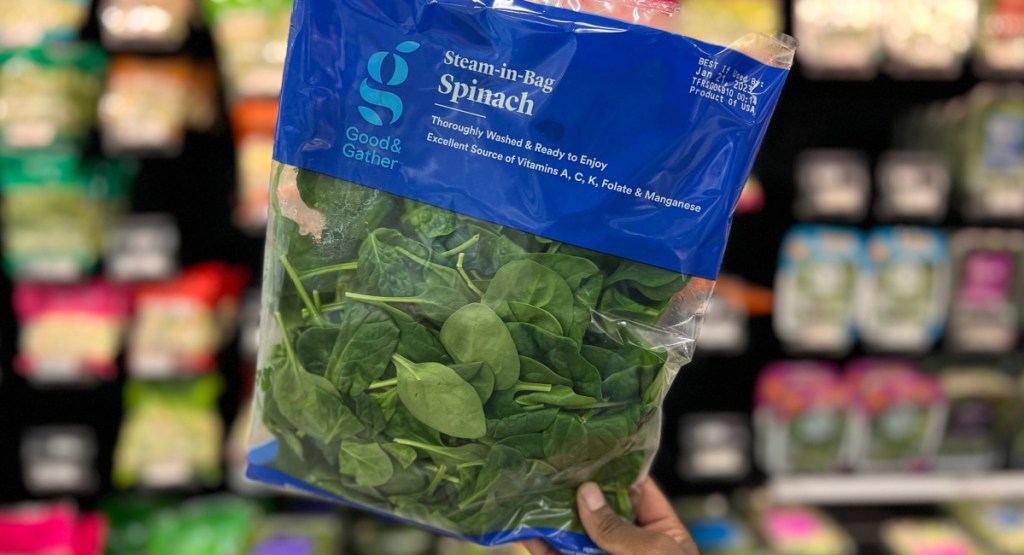
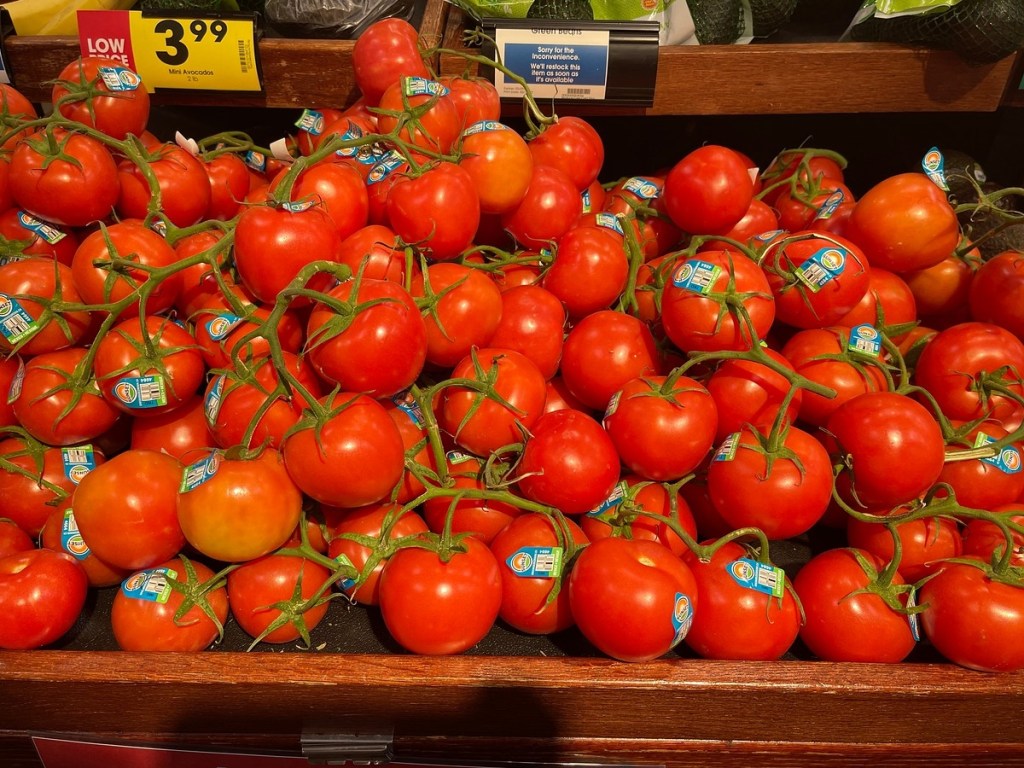
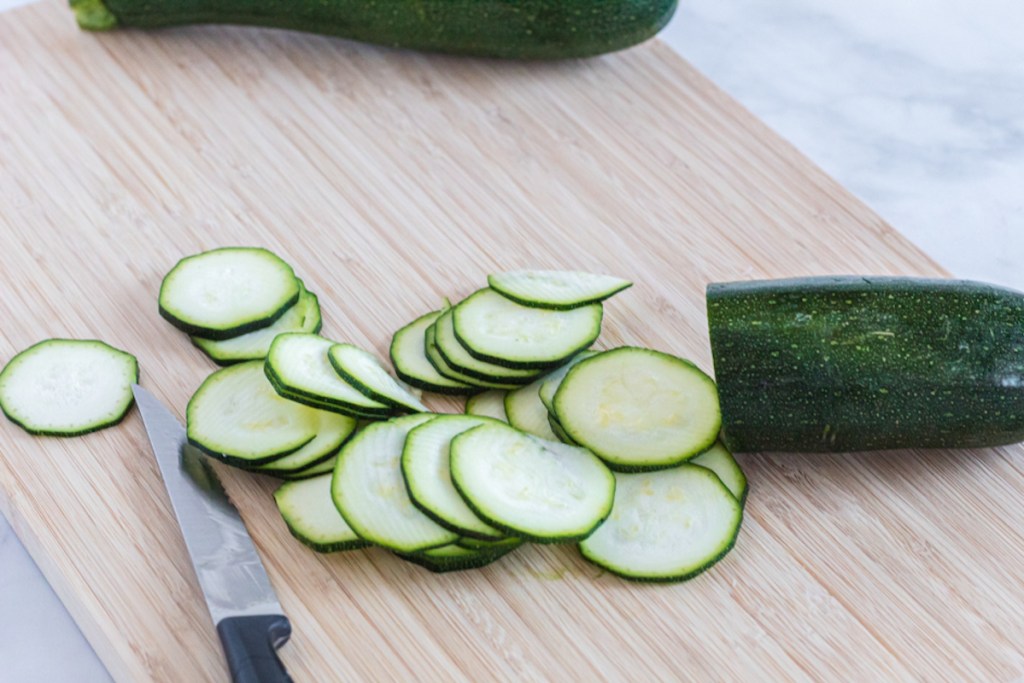

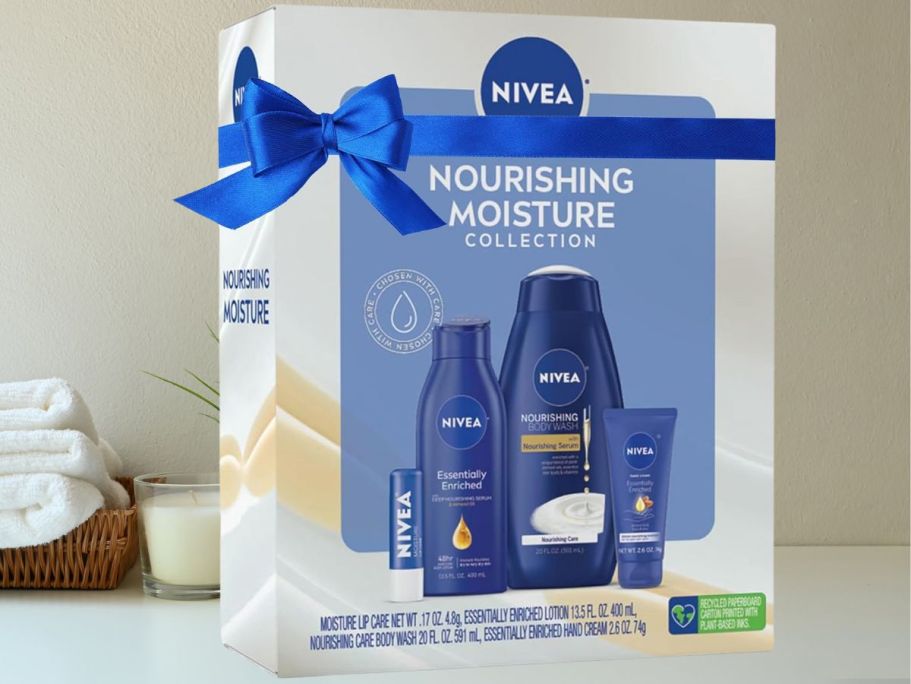

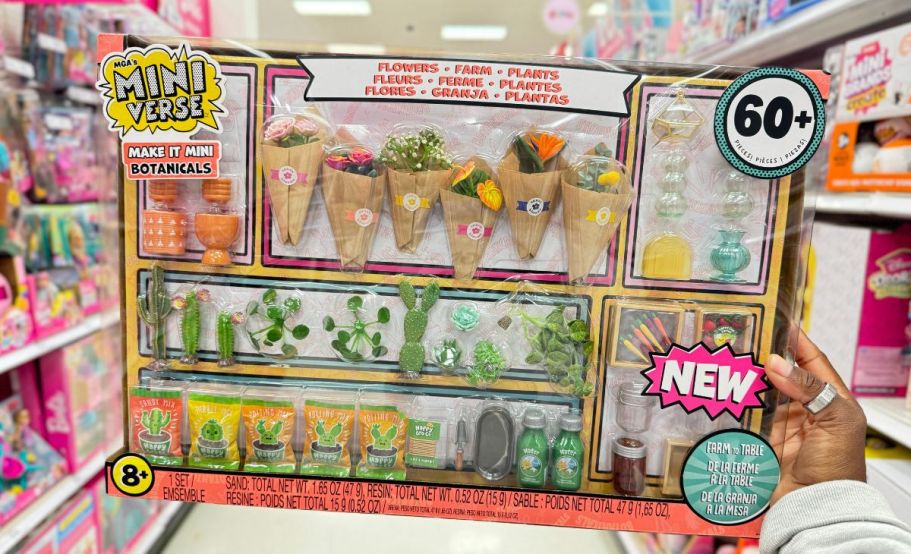

I freeze tomatos each summer and then thaw them all at once after the growing season is over to make canned salsa and spaghetti sauce. I will get so much produce from the garden that I can’t use it all at once. Invest in a dehydrator also is a good move to save veggies. You can also freeze all your veggie scraps through out the year to make vegetable, chicken or Turkey stock. Adds a lot of flavor.
Thanks for sharing about how you freeze your garden items, CSexton311! I’m going to be looking into this a bit more! I’ve started a large garden with hopes to freeze a lot of the items to have on hand throughout the year. ❤️
CSexton311,
Would you mind sharing your spaghetti sauce recipe? I also freeze my garden tomatoes, so your reply sparked my interest.
https://www.allrecipes.com/recipe/12054/stephanies-freezer-spaghetti-sauce/ I’m still on the hunt for the perfect sauce recipe. This one allows a lot of room to add/sub what you want. https://www.gourmethousewife.com/homemade-salsa/ I have gotten so many compliments on this salsa recipe and my family loves it.
I appreciate you providing both recipes! Sure hope you have an abundant harvest this summer. Thank you so much!
Search online to read about storing green beans in a pillowcase. You put them in unwashed and unsnapped. Then you grab out a handful or two when you are ready to cook them. Snap ends, wash, and cook as you wish. I’ve been told storing them dirty helps them not to get water logged from the washing. It is so great not to have to clean all of them before freezing. Clean a few at a time is nice in my opinion.
That’s a really interesting storage concept, Babbs12345! I love learning about new ways to store and prep fresh veggies and fruits! 🙌💚
I have taken advantage of the super sales on corn around July 4th to put up corn. I do not blanch it. Instead I suck, clean and cut if off the cob. Then I mix it with melted butter. This method has made for the freshest tasting corn. Crisp and sweet when steamed on the stove with just a little bit of water
Thanks for sharing your method, Chantel! 🙌